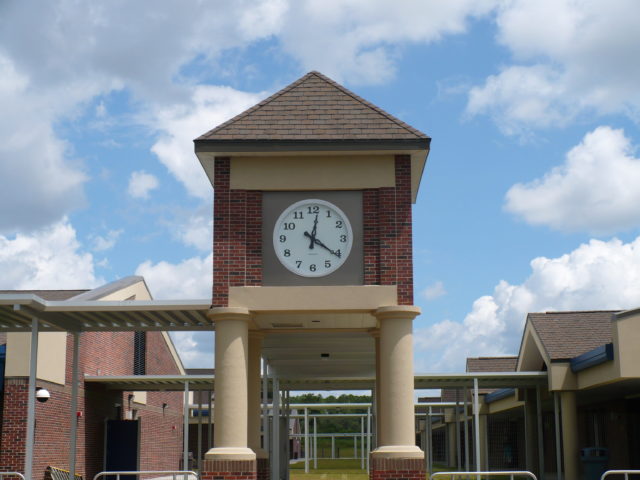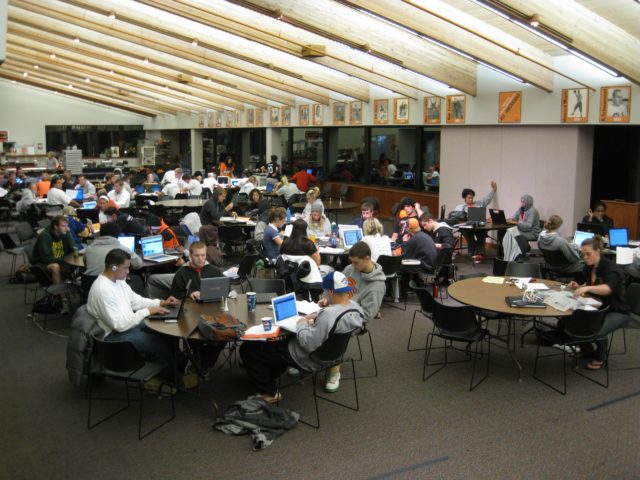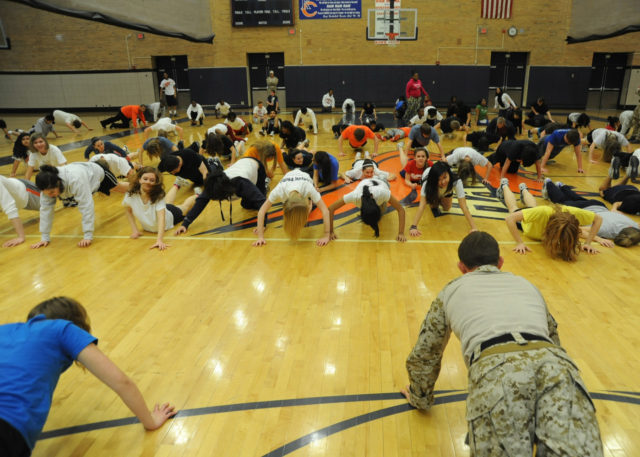There haven’t been many major changes to the structure of school systems in the past century. We’ve learned so much more about how people learn, yet schools have pretty much stayed the same. And that’s unfortunate, because a few changes could make school better for students, teachers and society as a whole.
1. Year Round Schooling

School schedules aren’t very productive. Students spend nine months of the year building their knowledge and skills, and are then released for three months. Then in September they’re either expected to suddenly recall everything from the previous year, or spend the first few weeks reviewing and relearning.
The reason we have summer breaks is that before the early 20th century, many cities had different school schedules. The schedule then standardized across the country to make it easier to do standardized testing and distribute textbooks. Prior to summer vacations, cities had their students go to class for about the same amount of time as contemporary students, but their breaks were spread throughout the year.
2. Later Start Time for High Schools

In the United States, the average starting time for high schools is 7:59 am. Schools start that early to save money on bussing, as bus drivers tend to do two different routes. First they pick up and drop off middle and high school students, and then handle grade school children.
3. Pay Students

Student motivation is a serious problem. How do you explain to a 14 year old that they need to do well on their math test so they can get into college and then get a good job? The human mind simply doesn’t work that way — the time span between the task and the reward is too vast. However, if students were paid bonuses for doing well, then there’s a more immediate and tangible reward for completing the task. Paying students, even just to attend class and do their homework, has been found to help students in troubled areas. In schools that have paid students, grades improved, attendance increased and the percentage of people graduating went up.
4. Mandatory Study Hall

It’s understandable that teachers would want to maximize their teaching time and then have students do their work at home. And studies have found that a reasonable amount of homework is correlated with higher achievement in school. But while homework is important, research has found that giving students a mandatory study period can be incredibly effective, simply because it’s a dedicated time to ensure some work gets done. When homework is done at home, students have to find the motivation to do the work. They may rush through it, get distracted or simply won’t attempt it. Mandatory study hall in place of one class guarantees them time to do homework, which leads to better test results.
5. No Homework Over the Weekend or Holidays

This may sound like coddling students, but why do people who work deserve a break on weekends and holidays more than students do? The truth is that everyone needs a break. People are more productive when they have them. Also, weekends off would give students time to be involved in extracurricular activities without their work suffering because they’re forced to rush through it. Instead, it would be better to have dedicated time for work and then free time to unwind and recharge.
6. Healthier Environment

With obesity rates rising, we’ve all heard calls to make the school environment healthier. This can be done by making physical activity mandatory and serving healthier food, which has been shown to improve grades and teach students healthy habits.
While gym class may not teach anything academic, it keeps students active. Studies have found that physical work is important and helps students learn. Gym is just as important as math, science and other academic classes because schools should take a healthy body and healthy mind approach to education.





0 Comments